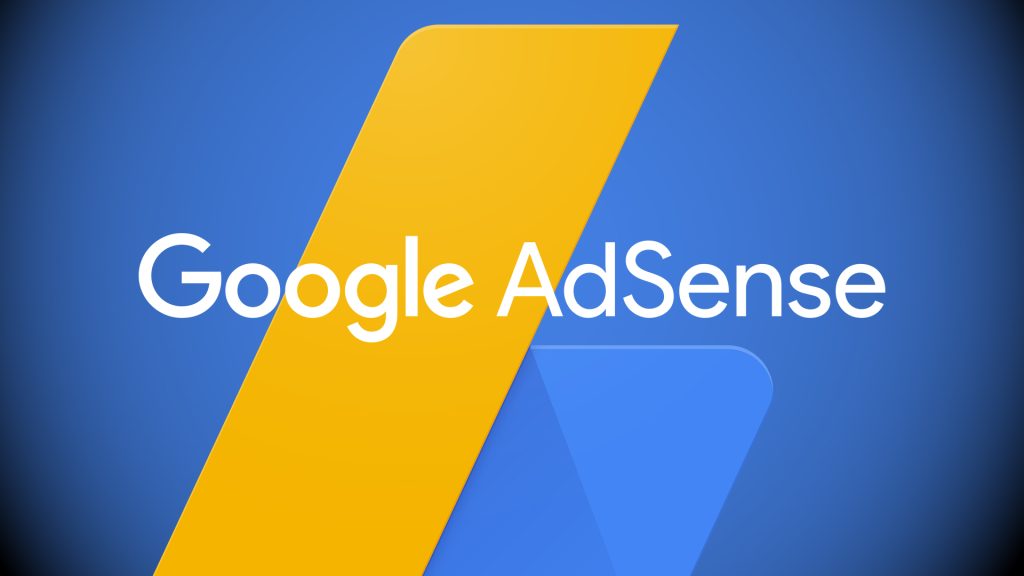Table of Contents:
1. Introduction to Digital Marketing
2. The Importance of Digital Marketing
3. Key Components of Digital Marketing
– Search Engine Optimization (SEO)
– Content Marketing
– Social Media Marketing
– Pay-Per-Click (PPC) Advertising
– Email Marketing
– Affiliate Marketing
– Influencer Marketing
4. How Digital Marketing Works
5. Benefits of Digital Marketing
Introduction:
Digital marketing refers to the use of digital mediums, platforms, and technologies to promote products, services, or brands. Unlike traditional marketing, digital marketing leverages online tools to reach and engage a global audience. It includes a wide range of strategies, from search engine optimization (SEO) to social media marketing, each designed to target specific audiences in the digital space.
The Importance:
In today’s digital world, digital marketing is essential for all types of businesses. It provides companies with the ability to reach potential customers where they spend most of their time online. Digital marketing is not just about promoting a product or service; it’s about connecting with the audience in the right place at the right time. Whether it’s building brand awareness, driving sales, or generating leads, digital marketing offers effective results and a higher return on investment (ROI) compared to traditional marketing methods.
Key Components of Digital Marketing
Search Engine Optimization (SEO):

SEO is the process of optimizing a website to rank higher in search engine results pages (SERPs). By using specific keywords and improving site structure, businesses can increase their visibility to users who are actively searching for their products or services.
Content Marketing:
Content marketing involves creating and distributing valuable, relevant content to attract and engage a target audience. This can include blog posts, videos, infographics, and more. The goal is to provide value to potential customers, building trust and positioning the brand as an authority in its field.
Social Media Marketing:

Social media marketing uses different platforms like Facebook, X (Twitter), LinkedIn, and Instagram to promote products and services. It’s a powerful way to connect with audiences, build brand loyalty, and drive traffic to a website.
Pay-Per-Click (PPC) Advertising:
PPC is a model of online advertising where advertisers pay an amount each time one of their ads is clicked. It’s a way to buy visits to a site rather than attempting to earn them organically. Google Ads is one of the most popular PPC platforms.
Email Marketing:
Email marketing involves sending targeted emails to customers. It’s an effective way to get leads, promote products, and stay connected with an audience. With personalized content, businesses can build stronger relationships with their customers.
Affiliate Marketing:
Affiliate marketing is a performance-based strategy where businesses reward affiliates for driving traffic or sales through their marketing efforts. It’s a cost-effective way to expand reach and generate revenue.
Influencer Marketing:

Influencer marketing leverages individuals with a large, engaged following on social media to promote products or services. This strategy can help brands reach a wide range of audience and build credibility through influencers.
How Digital Marketing Works?
Digital marketing works by leveraging online channels to connect with potential customers. Each strategy, whether it’s SEO, content marketing, or PPC, targets a specific aspect of the customer journey. By understanding and analyzing consumer behavior, businesses can tailor their marketing efforts to meet the needs and preferences of their audience. Tools like analytics software and customer relationship management (CRM) systems play a crucial role in tracking the effectiveness of digital marketing campaigns.
Benefits of Digital Marketing:
Global Reach: Digital marketing allows businesses to reach a global audience with minimum investment.
Cost-Effective: Compared to traditional marketing methods, digital marketing offers a higher ROI (return on investment).
Measurable Results: With analytics tools, businesses can track the performance of their campaigns in real-time.
Targeted Advertising: Digital marketing allows for precise targeting based on demographics, behavior, and interests.
Increased Engagement: Through social media, businesses can interact directly with their customers, building stronger relationships.
Ending:
Digital marketing is a dynamic and essential part of modern business strategy. By leveraging various online channels, businesses can reach a global audience, build brand awareness, and drive sales. As the digital landscape continues to evolve, staying updated with the latest trends and best practices is crucial for success. Whether you’re a small business or a large corporation, investing in digital marketing can help you achieve your business goals and stay competitive in the market.





